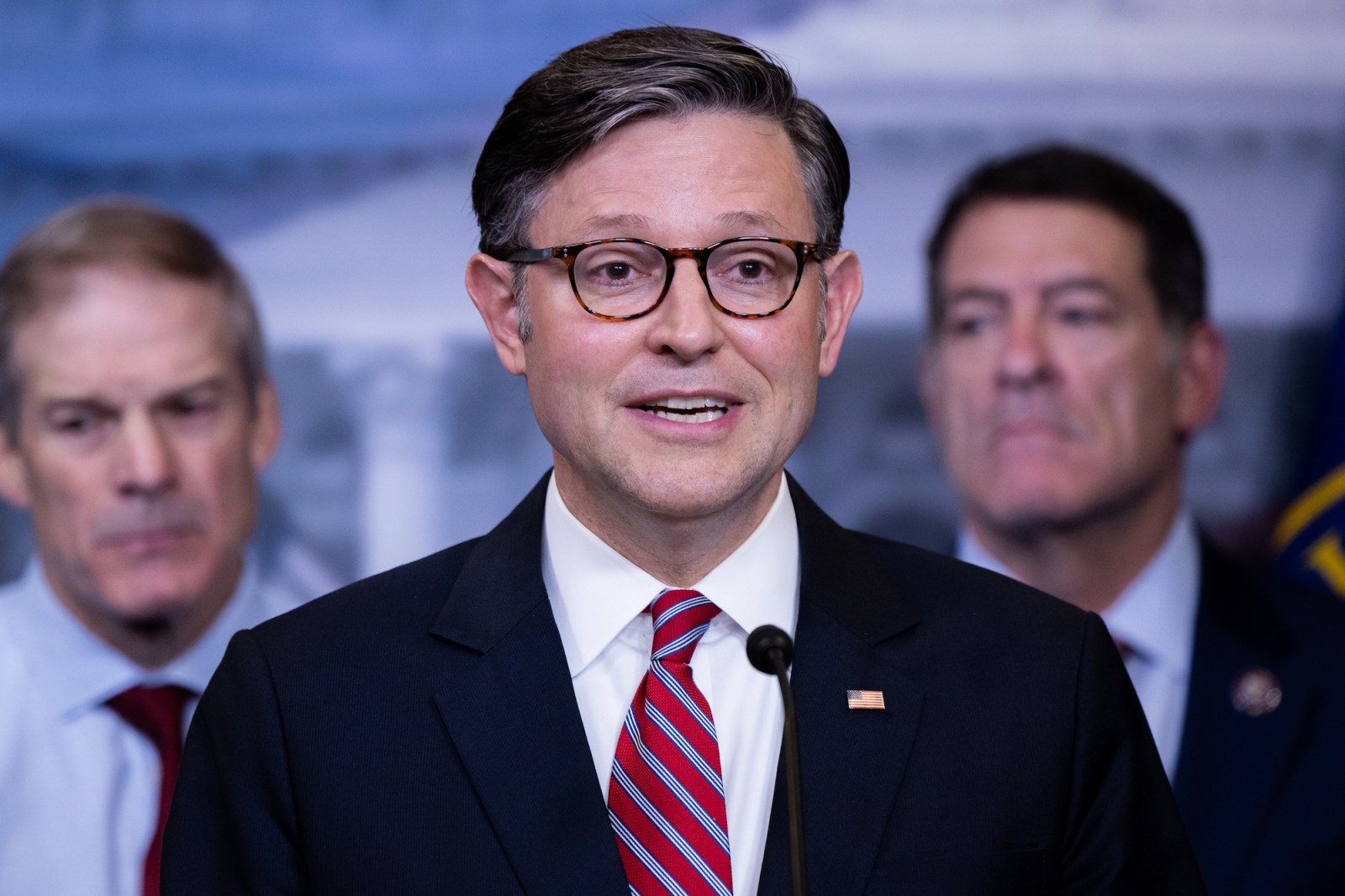In recent political discourse, statements made by key figures regarding proposed budget cuts to Medicaid have come under scrutiny. The Director of the Office of Management and Budget, Russ Vought, and House Speaker Mike Johnson have both made claims suggesting that Medicaid coverage would not be affected by the proposed budget. Vought asserted that the bill contains no Medicaid cuts and would not result in anyone losing their coverage. Johnson echoed similar sentiments, stating that people would not lose their Medicaid unless they chose to do so.
These assertions have raised concerns and prompted closer scrutiny. Vought highlighted what he claimed were inefficiencies in Medicaid spending, stating that a significant portion of funds are being spent improperly. However, data from the Centers for Medicare and Medicaid Services indicates that only a small percentage of payments are actually deemed improper. The term "improper" encompasses various issues beyond fraud, such as underpayments and insufficient documentation.
Moreover, Vought's suggestion that undocumented immigrants are benefiting from Medicaid contradicts federal regulations, which prohibit the use of federal Medicaid funds for such individuals, except in emergency situations. While some states have opted to provide healthcare coverage to undocumented immigrants using their own funds, this does not align with Vought's claims.
Experts and organizations have refuted the assertions made by Vought and Johnson, citing potential consequences if the proposed budget were to pass. According to the Congressional Budget Office cCBOc, the budget could lead to a reduction in federal Medicaid spending and result in millions losing their coverage, primarily due to new work requirements and eligibility checks. Similar initiatives in certain states have already resulted in coverage losses for eligible individuals who struggle with meeting the requirements.
The Center for Budget and Policy Priorities has warned that as many as 14.4 million people could lose coverage over the next decade if the bill is implemented. Research indicates that work requirements do not necessarily boost employment but instead push enrollees into medical debt and delay necessary healthcare. This underscores the potential negative effects of policies that restrict Medicaid access.
The importance of maintaining Medicaid coverage is underscored by studies showing that expanded coverage can lead to significant reductions in mortality rates among low-income adults. Medicaid expansions have been shown to save lives and improve health outcomes for disadvantaged populations.
In conclusion, the debate surrounding proposed Medicaid cuts highlights the complexities of healthcare policy and the potential ramifications for vulnerable populations. It is crucial for policymakers to consider the broader implications of budget decisions on public health and access to essential services. The conflicting claims made by officials underscore the need for transparency and evidence-based decision-making in shaping healthcare policy.


